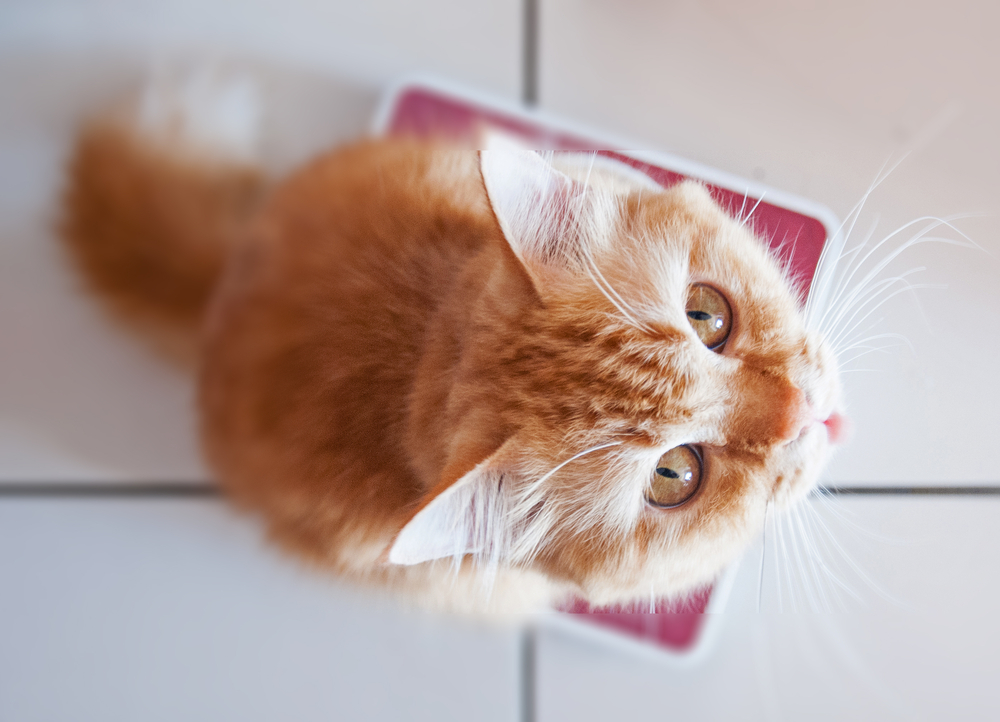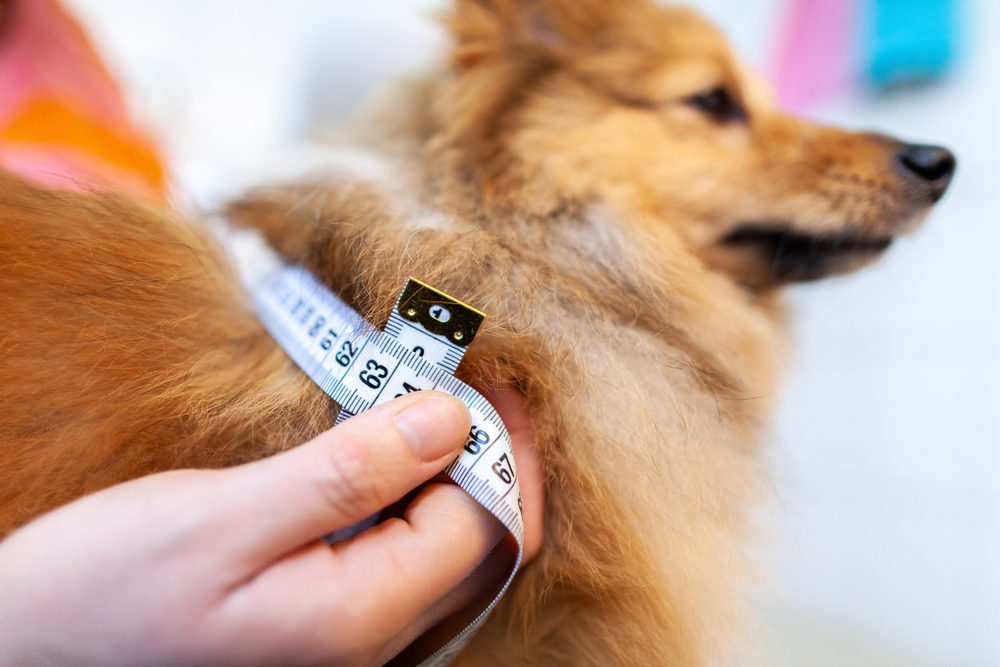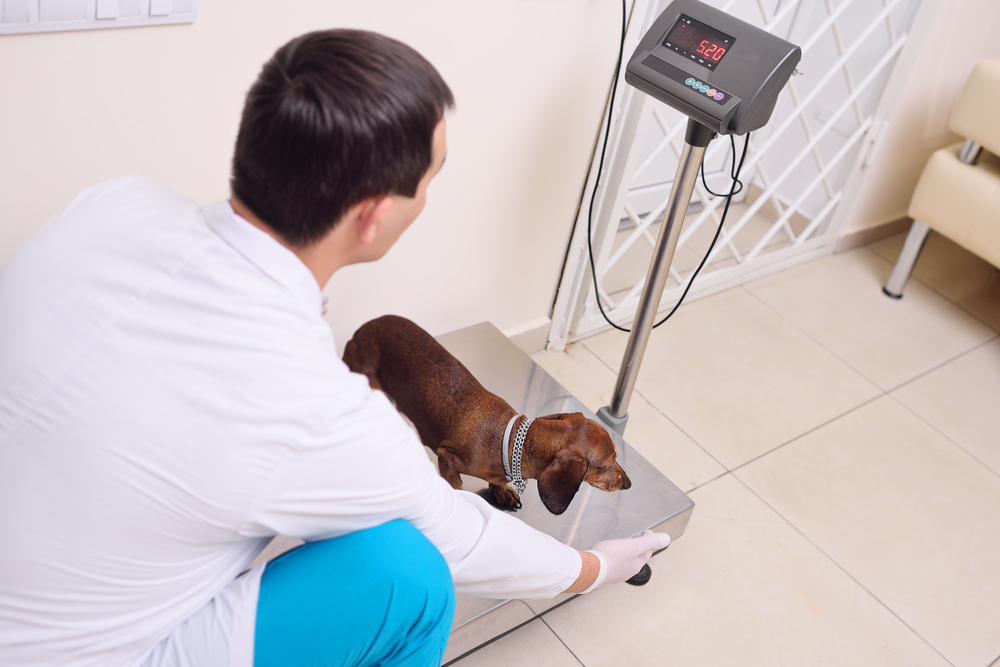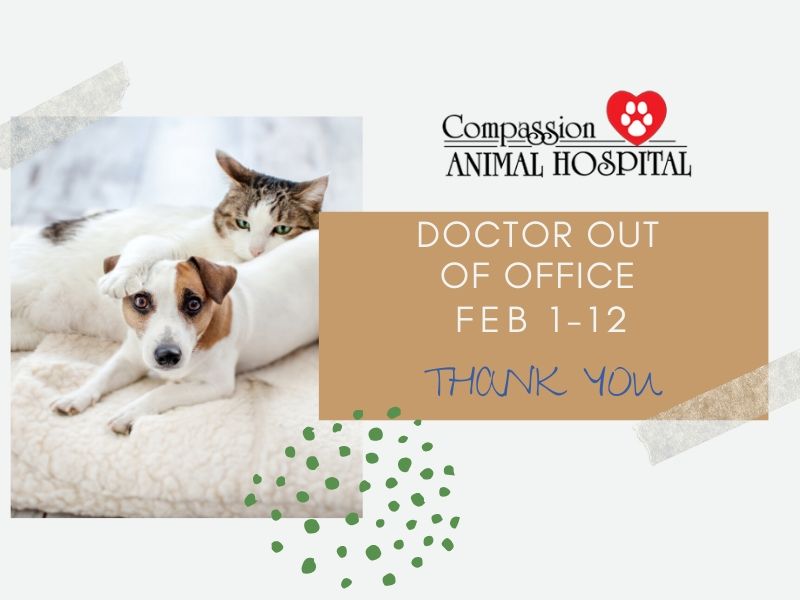
Why Your Pet Needs a Bikini Body Now (Pet Obesity Awareness)
Whether your pet wears a bikini, one-piece, or just his natural fur for swimming, it’s important that cats and dogs stay in shape and maintain a healthy weight. All beach-body jokes aside, pet obesity is a very real and very serious health problem for our pets. More than half of dogs and cats in the United States are classified as either overweight or obese.
What Causes Obesity in Pets and Why Are So Many Pets Overweight?
Similar to humans, pets most often become overweight and obese due to eating an improper diet and not getting enough exercise. Occasionally, additional factors (endocrine disorders or medications) can also contribute to weight gain.
Dietary choices for pets are confusing. Which foods are best, how much food pets should eat, how often pets should be fed, and whether or not pets should have table scraps is unclear to many pet owners.

Why Chubby Pets Aren't Cute
Okay, we’ll admit that all pets are cute, but pet chubbiness shouldn’t be encouraged the way it is with funny pictures and jokes circulating the internet. Overweight and obese pets face a plethora of health risks such as:
- Arthritis
- Diabetes
- Heart, liver, and kidney disease
- Pancreatitis
- Respiratory problems
- Gastrointestinal problems
- Cancer
- Shorter lifespan
Is My Pet Overweight? How to Recognize a Fat Pet
Your cat or dog should have a visible narrowing at the waist (in front of the hind legs). A sagging belly, a sausage-shaped physique, or a broad/flat back are all signs of too much weight. If you’re unsure, you can always ask your veterinarian to determine a healthy weight range for your pet based on species, breed, age, and size.

Weight Loss and Managing a Pet's Weight
If your pet needs to lose a few pounds, we highly recommend scheduling a veterinary appointment. Dr. Cooper at Compassion Animal Hospital can help you set a healthy weight goal for your pet and provide you with a weight loss and weight management plan to achieve it!
First, our veterinarian will examine your pet and screen for any health conditions that could be contributing to the excess weight. Once underlying conditions have either been ruled out or treated, we’ll help you and your pet begin working toward their weight loss goal. In addition to setting your pet up with a daily exercise routine, we’ll help you make appropriate dietary choices for your pet. The right food, scheduled meals, proper proportions, and limited treats will ensure your cat or dog receives ample nutrition and calories while enabling them to reach a healthy weight.






